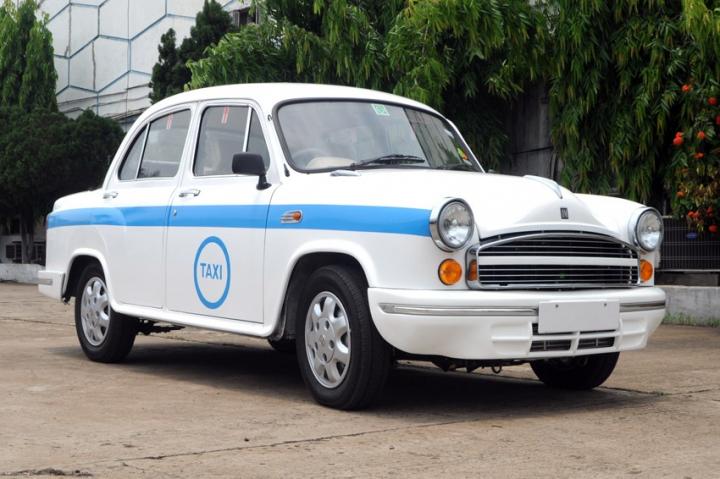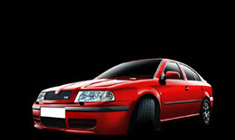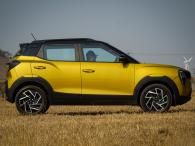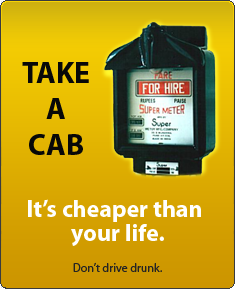News
Rumour: Hindustan Motors to report net worth erosion to BIFR
Hindustan Motors, best known for the Ambassador sedan, has seen its net worth (shareholder capital and internal reserves) completely eroded, so much so that the Indian automaker is staring at a 36 crore rupees negative net worth (as on June 30th). According to the EconomicTimes, this erosion of net worth could see Hindustan Motors reporting to the Board of Industrial and Financial Reconstruction (BIFR), a governmental body that assists sick and loss making industrial units in recapitalization.
BIFR also oversees the revival of companies and assesses whether a company can be turned around or whether it should be shut down for good. Under the Sick Industrial Companies Act of 1985, a company whose net worth has been eroded needs to report to the BIFR. BIFR will assess whether the company is really sick and accordingly recommend further steps. In the past, loss making automakers such as Premier Auto Limited and Fiat India have reported to the BIFR, and have since been able to resume operations.
Hindustan Motors has a large land bank at Uttarpara, West Bengal, and rumours suggest that the automaker's parent company, the CK Birla group, is looking at redeveloping/hiving off this lucrative asset. Hindustan Motors currently owns 427 acres at Uttarpara, on which the factory that builds the likes of the Ambassador sedan and the Winger mini pick up truck rests. The CK Birla group sold 314 acres of the land at Uttarpara to Shriram Properties in 2007, in a bid to inject cash into the ailing automaker.
While Shriram Properties, a Bangalore-based real estate company, paid Hindustan Motors 285 crore rupees for the 314 acre land bank, the automaker originally needed only 85 crore rupees as a cash injection under its turnaround plan. The automaker has since agreed to repay 194 crores to the state government. The West Bengal land ceiling act specifies that a company can own only the amount of land that it requires to run a factory on.
Selling excess land needs approval from the West Bengal state government, which has the powers to grant such a sale under special circumstances such as the recapitalization of a loss-making company. Any excess money realized (when a turnaround plan specifies the requirement of a certain amount of money) has to be duly deposited to the West Bengal exchequer.
Hindustan Motors applied to the West Bengal government (then run by the Left parties), seeking permission for the land sale in 2003. The approval for the same came in 2007. The land sale realized significantly more than the 85 crore rupees that Hindustan Motors, in its application to the West Bengal government, said it needed. Subsequent state governmental audits into Hindustan Motors' turn around plan have revealed that the automaker did not plough back the money realized through the land sale for turning around the business.
Therefore, Hindustan Motors' move to approach the BIFR is seen by many as yet another attempt to unlock the potential of its 427 acre land bank. Approaching the BIFR and declaring itself sick will result in BIFR assessing HM's financial condition. Recommending that HM recapitalize itself by selling off its land assets will allow the automaker to sell land at lucrative prices. Notably, Hindustan Motors has a 2,000 strong workforce at Uttarpara, a factor that is expected to weigh heavily on BIFR's decision to allow the recapitalization of the automaker.
Hindustan Motors' turn around plans involve restructuring its car factories, hiving off its substantial assets in real estate, and launching new products such as the Ambassador Compact Sedan and a revamped Ambassador sedan. Recently, Hindustan Motors relaunched the Ambassador Diesel with a BS4 compliant engine, a move that allows the automaker to sell the Ambassador Diesel in BS4 markets.
Hindustan Motors projects that the BS4 version of the Ambassador Diesel will allow it to hit the 6,000 mark in terms of car sales for the Fiscal Year 14. The car maker has turned into a contract manufacturer for Isuzu, and will build the D-Max pick up truck range and the MU-7 SUVs at its Tiruvallur factory in Chennai. The Tiruvallur factory will also be used by Hindustan Motors' Japanese joint venture partner Mitsubishi, to build the latter's SUVs.
While Isuzu will go it alone in India from 2016, when it is scheduled to commence operations from its Sri City greenfield factory, the number of SUVs that Mitsubishi sells here is not substantial enough to allow it to make a significant impact in the Indian car market. Therefore, Hindustan Motors long term vision seems limited to the Ambassador, a car that no longer appeals to car buyers, who now have a surfeit of more modern cars to choose from.



















